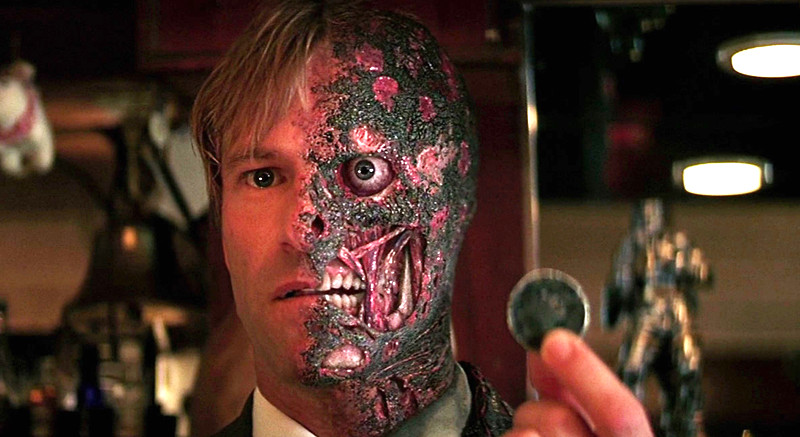
Game theory can be described as the study of how rational, interdependent agents act in closed systems that require them to interact through conflict or cooperation. By analyzing them in a formal, logical, structuralized manner, game theory seeks to understand the different strategic paths of decision-making.
In sum, it’s the study of games; simple or complex, stern or frivolous. Whether these games are literal pastimes or social arrangements, game theorists attempt to find all imaginable modus operandi of each possible player, and the likely outcomes that may result.
From the studies of parlor games in the 19th century to the general treaties of John Nash, game theory’s appliance has since spread to biology, economy, computer science, and any situations in which there is conflict.
Conflict is also a central point of narrative. With this in mind, some keen filmmakers applied these logical-mathematical theories for the sake of creating powerful plot devices. Below, the film entries and their game-theoretic counterparts.
1. In the Name of the Father
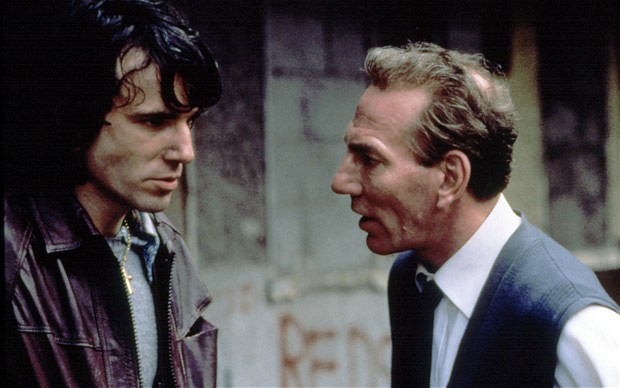
The Game: The Prisoner’s Dilemma. In this example of game theory, two prisoners are being held by the police for interrogation. If both parties refuse to testify, both get the minimum sentence. If one prisoner testifies against the other, and the other remains silent, the accuser will go free while the accused serves the maximum sentence. If both accuse each other, they will both go to jail for an intermediate amount of time.
The Analysis: This biographical film takes us back to the seventies, in the peak of the IRA conflicts. Amidst the sociopolitical turmoil, two northern Irishmen, Gerry, a petty thief and his equally unprivileged friend Paul, are wrongfully imprisoned for a terrorist attack in London. The police don’t have a strong case against either, but need a scapegoat to cool popular emotions. Hence, they put the two through an extreme version of the prisoner’s dilemma, to make them confess.
If Paul does not confess, they’ll kill him. If Paul confesses and blames Gerry as well, they both get a trial, and vice-versa. If Gerry remains silent, the police will kill his family. Eventually, Paul confesses out of fear, forcing Gerry to do the same. A roller coaster of wrongful accusations and judiciary absurdity then ensues, for the sake of status quo.
2. Rebel Without a Cause
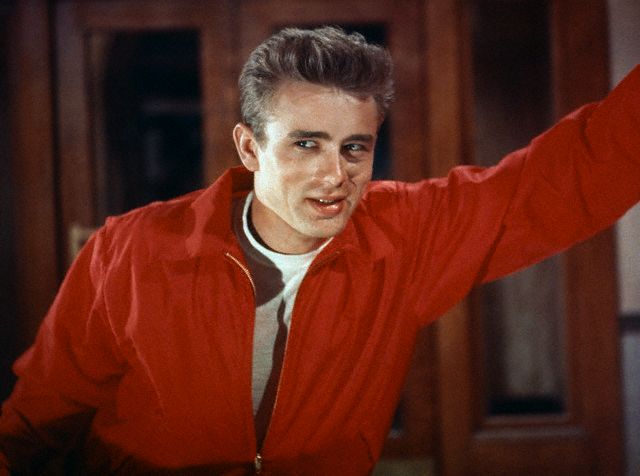
The Game: Chicken. Two drivers accelerate towards each other. Whoever swerves the car first loses, and is called the “chicken”. If both keep going straight, both drivers die.
The Analysis: “Rebel Without a Cause” is a movie about teenage rebellion, loose family ties and the zeitgeist of the youth culture in the 50s. Jim, the new boy in town, is a teenager on an unrelenting quest to find his place in the world. He befriends the awkward Plato, gets bullied by a local gang, and falls for Judy, the gang leader’s girlfriend; wanting to stand his ground, Buzz, the gang leader, challenges Jim to a variation of the game of chicken.
Instead of a collision course, the two youngsters must simultaneously drive towards a cliff. Whoever jumps out of the car first loses. Although this difference may seem subtle, its game theory implications reflect in the movies’ interpretation: in the classic chicken game, two people compete solely against one another.
If one “chickens out” and swerves, while the other player simply accelerates, the bravest competitor wins. We can infer they are only competing against one another, and their actions are completely interdependent.
“Rebel without a Cause” provides the cliff as a subtle, but strong symbolic element. Their competition is not against one another, but with themselves and society. The reckless way they live, rushing enthusiastically towards a life-threatening situation, is not sustainable or meaningful. In this game, the winner is not simply the most courageous, but the one who can afford to risk some reputation in the face of a much more valuable commodity: life.
The overconfident Buzz, having his jacket stuck in the car door, goes unwillingly to the final consequences, falling off the cliff. His vain and reckless attitude towards life make him the ultimate loser, paying an extremely high price when such minor values were at stake.
3. Dr. Strangelove
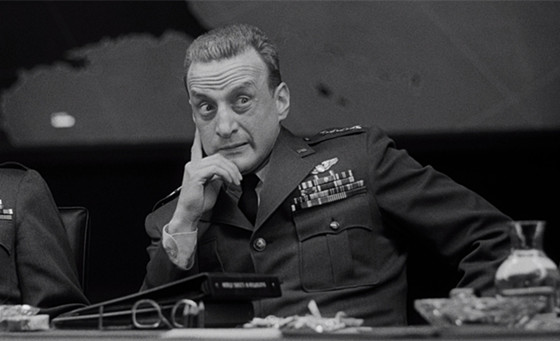
The Game: The Hawk-Dove game denotes the dispute for a mutually desired resource, in which two strategic paths can be chosen.
The first path is the Hawk’s. When going for the resource, the Hawk will aggressively peck its competitor, violently securing its prize. The second path is the Dove’s, which will passively avoid injury at all times.
If a hawk meets a hawk, there will be fighting, and, whichever wins takes full control of the resource. However, there’s always a chance of losing and of being injured. If a hawk meets a dove, the dove will flee, leaving the resource to its predator. If two doves meet, the resource will be shared.
The Analysis: The Cold War sets two parties competing avidly against each other for the control of the world. Instead of fighting with beaks and claws, like the hawks and doves, the Capitalist and Communist superpowers threaten each other with mass destruction weapons.
This is the background for Dr. Strangelove, a movie about the apocalyptic terrors of nuclear warfare. In this film, a high-ranking general believes he has uncovered a Soviet plan to poison the American water supply. Despite this delusional claim, the USA head commanders gather in the War Room to discuss the possible lines of action, many of which include the use of atom bombs.
Among the discussions, a Russian ambassador affirms the existence of a Doomsday Machine, a secret soviet device that automatically triggers a worldwide fallout cloud in the case of an atomic explosion in USSR territory. Its main purpose would be to enable the strategy of brinksmanship: pushing a terrible situation to the brink of happening in order to get leverage. Since this machine was not made public, the American committee doubts its existence.
Such a tense setting unveils a very high-stakes game of Hawk-Dove. If the Americans behave as a Hawk, counting that the Soviets will act as a dove (considering the Doomsday Machine a lie), the communist nations are destroyed and the capitalist way prevails, and vice versa. If both act as hawks, nuking each other, the world ends. Being thus, the only way for both blocks to remain free of total annihilation is if there is a common strategy of behaving as doves by not starting a war.
In the end, it’s heavily implied that the Doomsday Machine is a real invention. The Americans release their bombs and Armageddon ensues. This film contains a very powerful message that, when people’s lives are treated as a game, catastrophe is the most likely outcome.
4. Reservoir Dogs
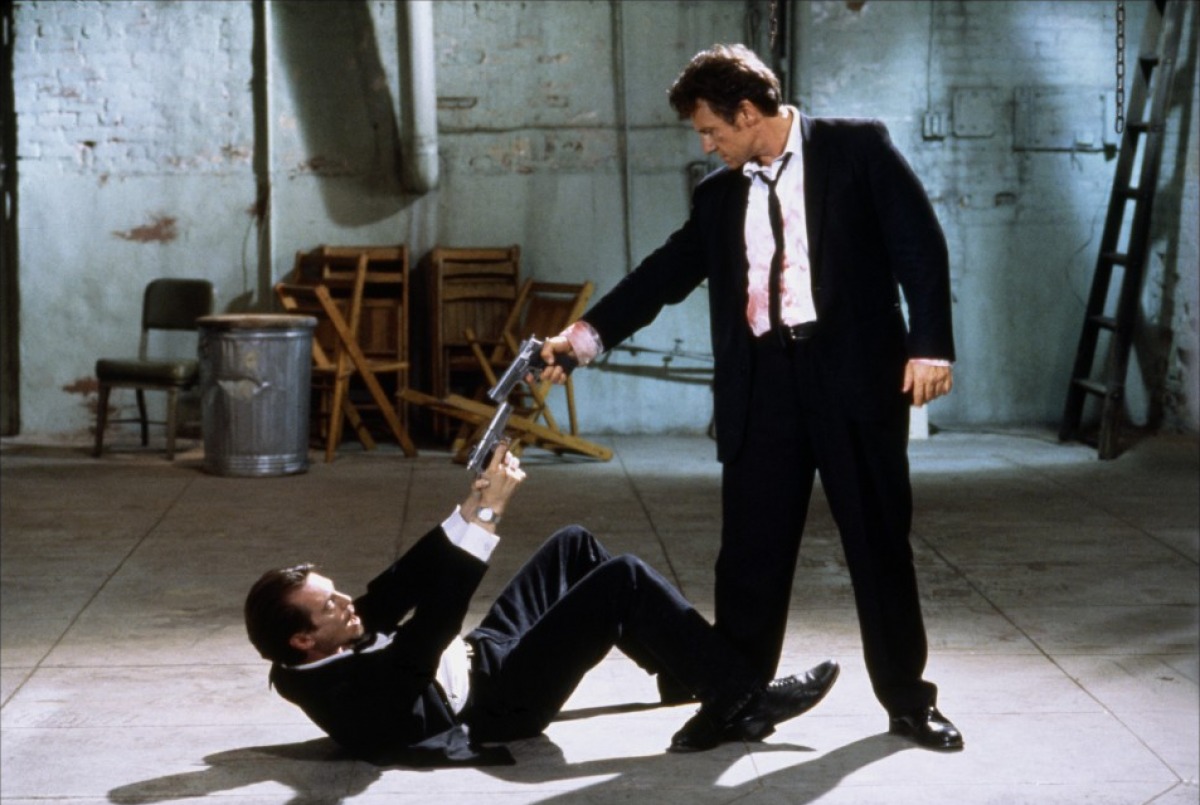
The Game: A duel between three people, known as a Truel. Three people point their guns to each other, and, sometimes simultaneously, sometimes taking turns, shoot. A mix of marksmanship, luck and strategy determines the survival odds of each duelist.
The Analysis: In a game of intrigue to discover which member of the gang was a double agent after a failed jewel heist, four criminals are caught in a Mexican standoff. When Joe Cabot, the leader, points the gun at Mr. Orange, whom he believes is a traitor, Mr. White, who developed a friendship with Mr. Orange, runs to his cause, pointing a gun to his boss. Eddie, Joe’s son, then points a gun at Mr. White.
First, the assumptions: There is no formal shooting order, but the duel only begins if Joe shoots Mr. Orange. Besides, each duelist is entitled to as many shots as the gun can hold. Lastly, their shooting skills are similar.
If we were to analyze based on pure mathematics, the outcome would be very different than what happened onscreen. Had Joe decided to shoot Mr. Orange and start the duel, Mr. White would shoot him, and Eddie would shoot Mr. White. However, since this approach assumes that not all shots are fatal, Mr. White survives the blow and shoots Eddie back.
One possible logical solution to this would be if Joe had changed his shot, aiming at Mr. White first, and then at Mr. Orange. Since Eddie would never shoot his father, the two Cabots would survive. Other solution implies that White was bluffing, not reacting to Orange’s death. Since he was outnumbered, this tactic would minimize the casualties.
5. The Warriors
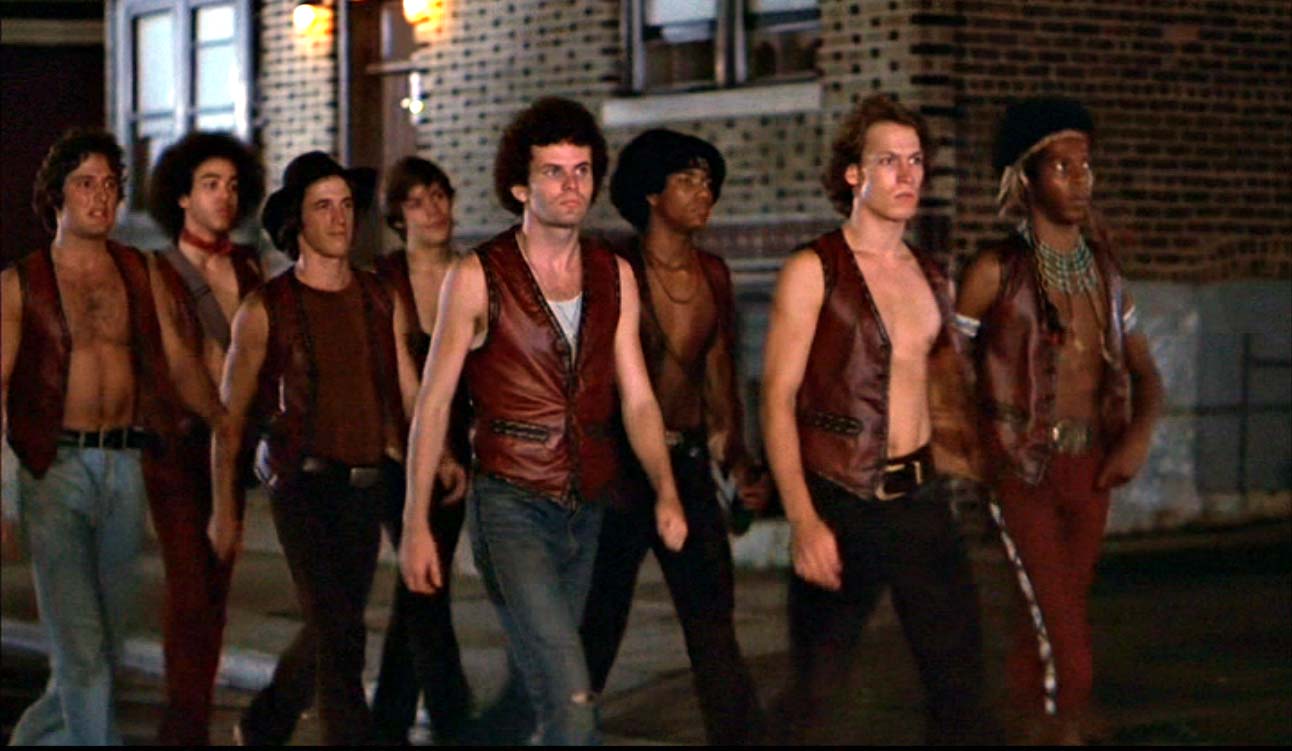
The Game; The Stag Hunt. This game, proposed by Jean Jacques Rousseau, is an analogy that deals with the rational nature of the social contract.
Two people go out on a hunt. Working alone, each one can bring home a small hare and call it a day. If each one trusts each other to cooperate, they can work together and hunt a big, meaty stag. The logical strategy would be to join forces, but what assures that the other party will cooperate?
The Analysis: “The problem in the past had been The Man turning us against one another. We have been unable to see the truth because we have been fighting for 10 square feet of ground. Our turf. Our little piece of turf. (…) Just keep up the general truce. Secure our territory. Secure our turf, because it’s all our turf.”
This is part of the speech given by Cyrus, a gang leader with a very ambitious plan. In this dystopic setting, New York has become a chaotic gangland, in which over 60,000 people are involved in organized criminal affairs. Tired of the petty fighting between the gangs, in which the stakes are small shares of street territory, this charismatic leader plans on unifying all factions and taking on the whole police contingent. The prize? The whole city of New York.
Cyrus proposes a truce; making a clear statement that much more can be acquired through cooperation than if each gang continues to fight on their own, he receives applause and support from the gangsters who came to his rally.
However, as usual, a bad apple spoils the whole bunch. Luther, the leader of a gang called The Rogues, draws a revolver and shoots Cyrus. The one man who could hold them all together now lies dead on his pulpit. Among the chaos that succeeds, Luther frames The Warriors, who are now being hunted by all the other gangs.
This is a classic example of lack of cooperation leading to ruin. Without Cyrus’ leadership, is implied that the gangsters will continue to fight each other aimlessly, while the old status quo remains. Every time they act individually to secure their hare -their 10ft of land – they miss the great stag called New York City.